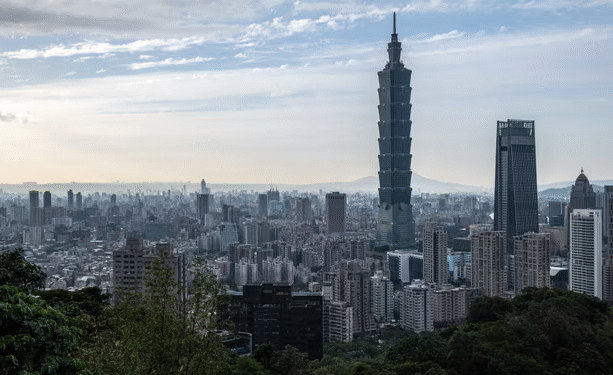Taiwanese prosecutors have charged four former senior staffers from the ruling Democratic Progressive Party (DPP) with spying for China, accusing them of leaking state secrets while holding key political roles.
Among those charged is a former aide to President Lai Ching-te, who worked with him both during his time as vice president and briefly after he assumed the presidency. Another suspect was a senior staffer to Joseph Wu, Taiwan’s former foreign minister and current national security chief.
Prosecutors say the group shared classified information with Chinese agents over an extended period, including “important and sensitive diplomatic information” that prosecutors claim caused serious harm to Taiwan’s national security.
One of the accused, who worked for a Taipei city councilor, allegedly used a specific messaging app to pass information to China. Other alleged crimes include money laundering.
Prosecutors are seeking prison sentences ranging from five to over 18 years. They also want to seize more than NT$8.3 million (about £205,000 or US$277,000) in what they describe as illegal proceeds.
Two of the defendants have reportedly confessed, while the other two—one being the former aide to Wu—deny the charges.
Meanwhile, local media report that staff members from the opposition Kuomintang (KMT) party are also under investigation for similar espionage allegations.
Taiwan has intensified efforts to expose and prosecute citizens working as spies for China. In 2024 alone, authorities prosecuted 64 individuals for espionage—more than the combined total of the previous two years. Many of those charged were current or former members of Taiwan’s military.
Earlier this year, courts sentenced four soldiers—including three assigned to the president’s security team—to up to seven years in prison for spying.
In the latest case, prosecutors say the four defendants received payments ranging from NT$260,000 to NT$660,000 for photographing sensitive documents on their phones.
China views Taiwan as a breakaway province and frequently denounces its democratically elected government as separatist. Beijing has vowed to annex the island—by force if necessary—and runs aggressive campaigns of military intimidation, cyberwarfare, disinformation, and espionage.
Though both sides have long engaged in spying, experts warn Taiwan faces increasing risk due to China’s stated goal of reunification. Just last month, Beijing announced cash rewards for tips leading to the arrest of 20 Taiwanese nationals it accused of hacking into a Guangzhou-based tech firm—claims Taiwan has dismissed as fabricated.









